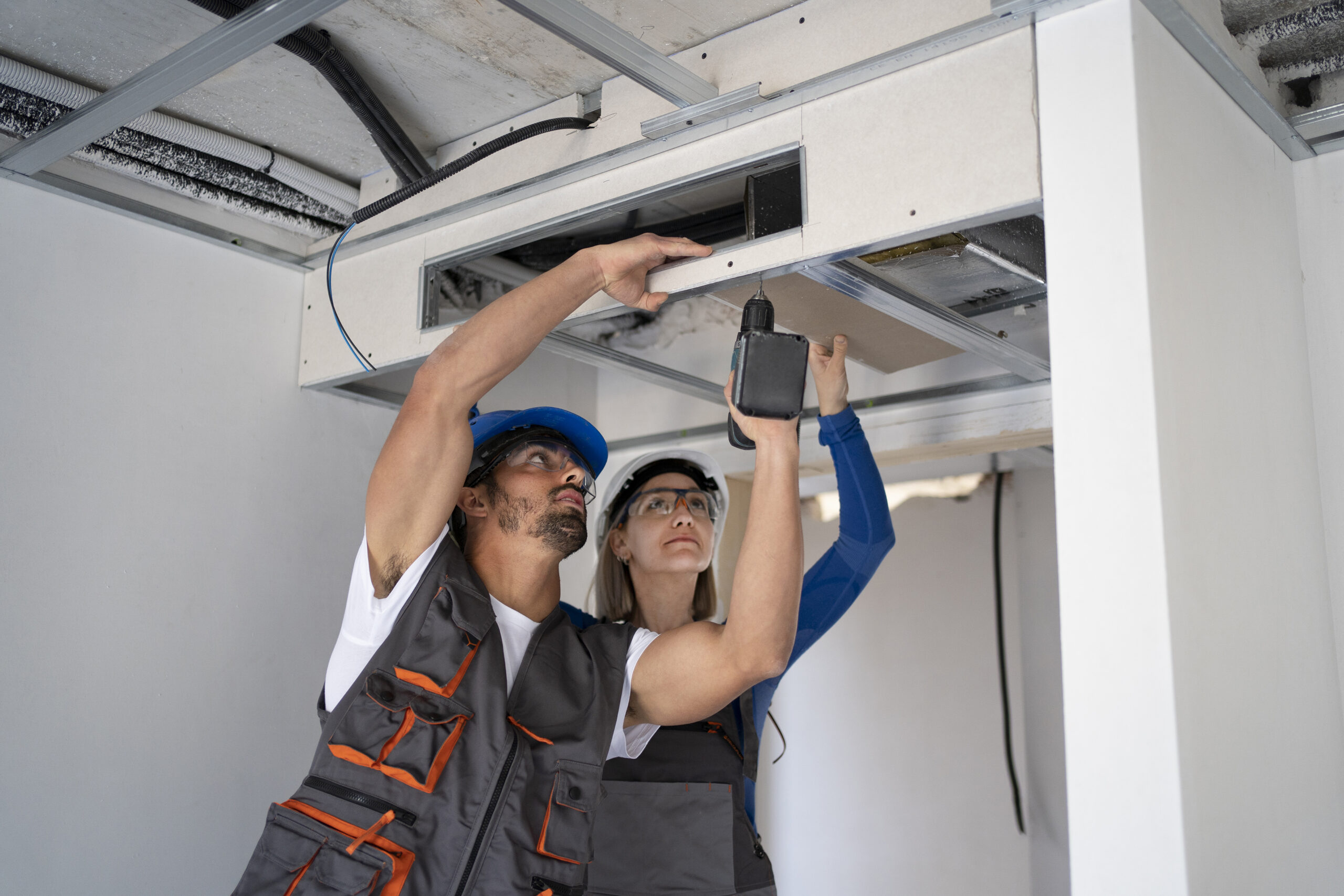Efficient Air Purification for your home

Importance of Reliable & Efficient Home Air Purification Systems
A well-maintained air purification system minimizes the risk of health concerns, such as poor air quality or allergens. Additionally, a reliable air purifier can enhance your home’s appeal and increase its resale value, attracting potential buyers
Air Purification System
An air purification system is an essential investment for improving indoor air quality and creating a healthier living environment. It effectively removes dust, allergens, pet dander, and pollutants, ensuring that you and your family breathe cleaner air. With regular maintenance, an air purifier can help reduce the risk of respiratory issues, allergies, and other health problems. Whether you’re dealing with outdoor pollution or indoor contaminants, a high-quality air purification system offers lasting benefits. Trust our experts to guide you through the selection, installation, and maintenance process for a system tailored to your home’s needs.
Customer experience
Frequently Asked Questions
A humidifier adds moisture to the air in your home to maintain optimal humidity levels, preventing the air from becoming too dry. It works by releasing water vapor into the air, which can help alleviate dryness, improve skin health, and reduce respiratory issues.
A whole-home humidifier maintains consistent humidity levels throughout your entire home, helping to prevent dry skin, allergies, and static electricity. It also protects wood furniture and floors from cracking due to low humidity.
If you experience dry skin, sinus congestion, static electricity, or frequent coughing during the colder months, your home may have low humidity. A humidifier can help alleviate these symptoms and improve overall comfort.
To maintain efficiency and prevent mold growth, it’s recommended to clean your humidifier every 1-2 weeks. Always follow the manufacturer’s cleaning instructions for the best results.
A HEPA (High-Efficiency Particulate Air) filter is a high-performance filter designed to trap small particles like dust, pollen, pet dander, and even bacteria. It works by forcing air through a fine mesh that captures these tiny particles, improving indoor air quality.
A HEPA filter can significantly improve indoor air quality by removing allergens, pollutants, and harmful particles from the air. This is particularly beneficial for individuals with allergies, asthma, or respiratory issues.
If you or your family members suffer from allergies, asthma, or respiratory conditions, a HEPA filter can help reduce airborne irritants. It’s also a good solution if you live in an area with high pollution or dust levels.
HEPA filters should typically be replaced every 6-12 months, depending on the manufacturer’s guidelines and your usage. Regular maintenance will ensure the filter continues to perform at its best.


